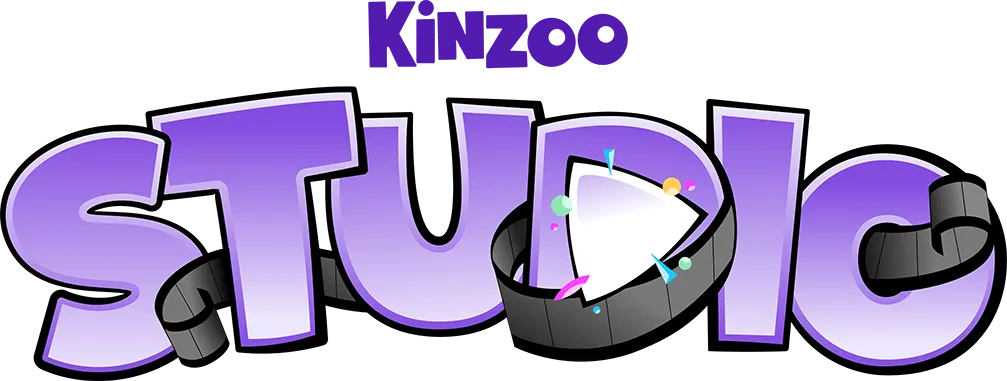Despite the fact that YouTube is, in it’s own words, “not intended for children under 13”, the platform has single-handedly given rise to a new generation of child stars. Kids like Ryan of Ryan ToysReview are, of course, an anomaly — the online equivalent of winning a $22-million lottery — but they make it look like having a social media account has low risks and high rewards. As a result, many children are eager to join today’s most popular platforms, which means parents need to properly manage their kids expectations’ and educate them about the potential dangers of participating in these online environments. And there’s no better way to do it than having open, honest conversations.
Talking to young kids about social media rules
Telling a child that they can’t join social media because of the 13+ policy isn’t always effective, especially if a bunch of their friends are already on YouTube, Instagram, and SnapChat (it’s not ideal, but it happens). Why should they have to follow the rules if no one else does? This is exactly why parents should talk to their kids about why these guidelines exist; SmartSocial, a children’s digital literacy resource and educational group, says participating on social media shouldn’t be a yes-or-no question, but rather, an ongoing discussion that starts when kids are young and continues as they grow up.
When talking about the pros and cons of social media, however, it’s essential that parents not be entirely negative about it. This will help to prevent kids from asking questions like, “If Facebook is so bad, why are you on it?” and also teaches them that social media, when used safely, does have benefits, like the ability to easily connect with friends, and the opportunity to share creative projects. So, rather than painting the picture that social media is dangerous, explain to kids that it requires a certain level of responsibility, similar to other major milestones — like getting a cell phone or learning to drive.
Talking to preteens about social media intentions
Young teens (age 10 to 12) should be able to express why they want a social media account and how they plan to use it, something even Instagram recognizes in their new parent’s guide. They partnered with education expert Ana Homayoun to create a list of questions that adults can use to have more proactive conversations. Ranging from the practical (“What do you like about Instagram?”) to the theoretical (“What would you do if you saw someone being bullied on Instagram?”), questions like this give parents valuable insight about their tweens’ behaviors, and allow kids to reflect on their own intentions. These examples are obviously specific to Instagram, but really, they can be used to talk about any social media platform.
In an interview with Parents, Lisa Strohman, co-founder of the Technology Wellness Center, said that children between the ages of seven and 11 don’t have a full understanding of the hypothetical problems that might arise from using social media (e.g. a mean comment, an adult posing as a friend), but once kids are able to understand their own motivations for wanting to be on social media, they can broaden their thinking and explore the risks around it.

Talking about social media risks
It’s not always easy to talk to teens about the risks of social media, especially if they haven’t been privy to any of the specifics. Giving your kids some freedom to explore (with parental guidance, of course), is one of the best ways to help them better understand the potential dangers. When a child is able to see the negative comments that get left on a celebrity’s post, for example, it gives parents the chance to discuss how this might also happen on their own photos and videos. Even better, parents can use this as an opportunity to teach kids the proper steps to take if they see harmful or inappropriate content and behavior online.
On a similar note, parents need to manage their teens’ expectations around what, exactly, should and shouldn’t be shared online — kids need to have a solid understanding of what privacy is, why it’s important, and how can it be maintained. The Office of the Privacy Commission of Canada suggests that parents teach kids to think before they click, and remind them that things posted online aren’t likely to stay private; photos, videos, and comments can be copied, screenshot, and reposted in the blink of a digital eye.
We all know that social media wasn’t intended for kids, but that doesn’t mean it’s easy to keep them off today’s most popular platforms. Kids of all ages are dying to create accounts and profiles — especially when they can so clearly see their peers reach influencer status. But it’s up to parents to decide when they’re ready. By taking time to talk to your kids about the rules, expectations, and risks involved in using social media, everyone can stay safe and have a little bit of fun.
Photo Credits: Flamingo Images / Shutterstock Inc., Halfpoint / Shutterstock Inc.



























